D
davelondon
Guest
I'm considering using Hotspot Energy 48V DC mini split air conditioning units in my expedition vehicle... Does anyone have any experience with them? https://www.hotspotenergy.com/DC-air-conditioner/
However, I must say that I'm so pleased with this Senville in conjunction with 1" insulation (wall, roof, and floor - tight).
Good morning Dave, I recently finished my diy install using the DC4812VRF. It's only been a week so i have little test data to go on, but from what i've seen so far it's looking promising. I'm going to start a thread soon where i'll do power consumption vs temperature differential. I haven't been able to find anyone that has a 48v dc mini split installed, which left me with almost nothing to go on. bgflyguy started a thread with a few options i failed to find prior to ordering, which may be helpful too.
Yeah, I was considering something similar and I'd love to hear your experience and schematic with the DC4812VRF.Good morning Dave, I recently finished my diy install using the DC4812VRF. It's only been a week so i have little test data to go on, but from what i've seen so far it's looking promising. I'm going to start a thread soon where i'll do power consumption vs temperature differential. I haven't been able to find anyone that has a 48v dc mini split installed, which left me with almost nothing to go on. bgflyguy started a thread with a few options i failed to find prior to ordering, which may be helpful too.
Good morning Dave, I recently finished my diy install using the DC4812VRF. It's only been a week so i have little test data to go on, but from what i've seen so far it's looking promising. I'm going to start a thread soon where i'll do power consumption vs temperature differential. I haven't been able to find anyone that has a 48v dc mini split installed, which left me with almost nothing to go on. bgflyguy started a thread with a few options i failed to find prior to ordering, which may be helpful too.
I see no reply from the OP -did you end up installing a 48V mini split?Hey how did the Hotspot AC unit work out?
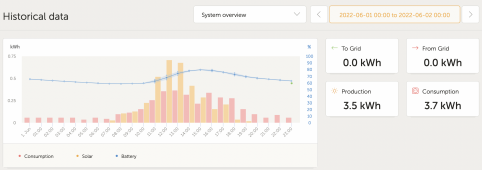
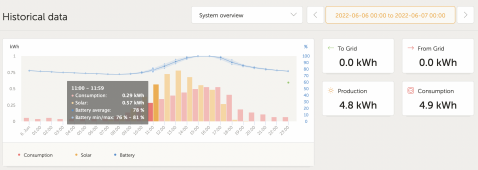
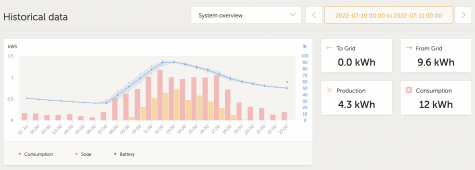
I did think about that, also diagonal, as we were figuring out the mounting. Not enough room on our tongue between the jack and the trailer. Also there are side fins on this model that are meant to have 6 inches on their side.Anybody ever think about mounting on trailer tongue longways/perpendicular with hookups near trailer hitch end? Doing this would minimize air intake or exhaust restriction. Would possibly reduce likely hood of rock damage to fins. Mini-split could be used while underway.
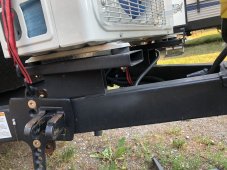
We mounted on the tonque and tow with an SUV which seems to block any rocks etc. No problems with it or running it while driving etc.Anybody ever think about mounting on trailer tongue longways/perpendicular with hookups near trailer hitch end? Doing this would minimize air intake or exhaust restriction. Would possibly reduce likely hood of rock damage to fins. Mini-split could be used while underway.

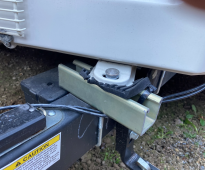

Think we could get a follow up?Good morning Dave, I recently finished my diy install using the DC4812VRF. It's only been a week so i have little test data to go on, but from what i've seen so far it's looking promising. I'm going to start a thread soon where i'll do power consumption vs temperature differential. I haven't been able to find anyone that has a 48v dc mini split installed, which left me with almost nothing to go on. bgflyguy started a thread with a few options i failed to find prior to ordering, which may be helpful too.


